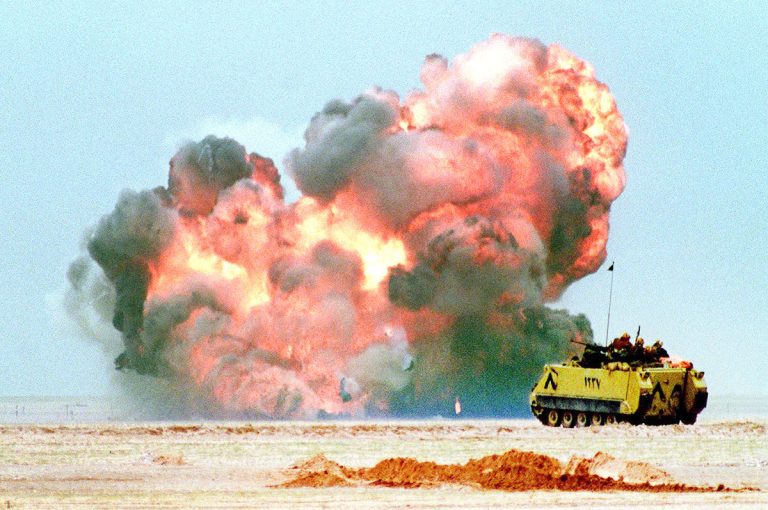Consequences of a war
War is one of the most devastating human activities, leaving a lasting impact on nations, societies, and individuals. Its consequences are multifaceted, affecting not only the immediate combatants but also the broader geopolitical landscape, economies, cultures, and environments. Understanding the comprehensive effects of war is crucial for policymakers, historians, and citizens, as it provides insights into the true costs of conflict and underscores the importance of peace and diplomacy. This article delves into the various consequences of war, exploring its far-reaching impacts across different spheres.
Human Cost and Suffering
The most immediate and profound consequence of war is the human cost. This includes the loss of life, injuries, and psychological trauma experienced by combatants and civilians. The death toll in wars can be staggering, with millions of lives lost in large-scale conflicts. Survivors often endure severe physical injuries and disabilities, requiring long-term medical care and rehabilitation. Moreover, the psychological impact of war, including post-traumatic stress disorder (PTSD), depression, and anxiety, can affect individuals for years, hindering their ability to lead normal lives.
Economic Impact
War significantly disrupts economies, both in the short term and long term. The immediate costs of war include military expenditures, which can drain national budgets and divert resources from essential services such as healthcare, education, and infrastructure. Destruction of infrastructure, industries, and homes further exacerbates economic woes, leading to reduced productivity and increased poverty. In the long term, war can deter foreign investment, disrupt trade, and lead to economic instability. Post-war reconstruction efforts require substantial financial resources and time, often burdening war-torn nations with debt.
Social Disruption
The social fabric of societies is often torn apart by war. Families are separated, communities are displaced, and social networks are shattered. The displacement of populations leads to refugee crises, with millions of people seeking asylum in other countries. These refugees face numerous challenges, including inadequate living conditions, lack of access to basic services, and difficulties in integrating into new societies. Internally displaced persons (IDPs) also suffer from similar hardships within their own countries. The breakdown of social order can result in increased crime rates and a loss of trust in institutions and governance.
Political Consequences
War can lead to significant political changes, both within the warring nations and in the global arena. Governments may fall, and political systems can be destabilized, leading to periods of turmoil and uncertainty. In some cases, authoritarian regimes may emerge as a consequence of war, as leaders use the conflict to consolidate power. Internationally, wars can shift the balance of power, create new alliances, and lead to the formation of new nations or the dissolution of existing ones. The geopolitical landscape can be permanently altered, with lasting implications for international relations and global stability.
Environmental Damage
The environmental consequences of war are often overlooked but can be severe and long-lasting. Warfare leads to the destruction of natural habitats, pollution, and depletion of resources. The use of heavy artillery, bombs, and chemical weapons contaminates soil, water, and air, causing health hazards for both humans and wildlife. Additionally, war-induced deforestation and land degradation can lead to loss of biodiversity and disruption of ecosystems. Environmental recovery from war can take decades, requiring concerted efforts and substantial investment.
Cultural and Heritage Loss
War often results in the destruction of cultural heritage and loss of historical artifacts. Cultural sites, monuments, and museums are frequently targeted or collateral damage in conflicts. The loss of cultural heritage deprives future generations of their history and identity, leading to a cultural void. The intentional destruction of cultural sites is also used as a tactic to demoralize and erase the identity of a people. The preservation and restoration of cultural heritage post-conflict is a challenging task that requires international cooperation and resources.
Impact on Mental Health
The psychological impact of war extends beyond immediate trauma. Prolonged exposure to violence and insecurity can lead to widespread mental health issues within affected populations. Children who grow up in conflict zones often experience developmental challenges and are at a higher risk of psychological disorders. The mental health burden also affects soldiers returning from war, who may struggle with reintegration into civilian life. Addressing mental health in post-war societies is crucial for rebuilding and ensuring long-term stability and well-being.
Generational Effects
The consequences of war are often felt across generations. The children of those who lived through war may inherit the psychological scars and economic hardships of their parents. Education systems in war-torn areas are frequently disrupted, leading to a loss of educational opportunities and a less skilled workforce in the future. The social and economic instability caused by war can hinder development for decades, affecting multiple generations. Rebuilding war-affected societies requires addressing these generational impacts to ensure sustainable recovery and growth.
Human Rights Violations
War is frequently accompanied by gross human rights violations, including war crimes, crimes against humanity, and genocide. Civilians often bear the brunt of these atrocities, facing torture, sexual violence, forced displacement, and summary executions. The breakdown of law and order during war creates an environment where such violations can occur with impunity. Post-war justice and reconciliation processes are critical for addressing these human rights abuses, holding perpetrators accountable, and restoring a sense of justice and dignity to victims.
Conclusion
The consequences of war are profound and far-reaching, affecting every aspect of society. From the immediate human cost and economic disruption to long-term political, social, and environmental impacts, the true cost of war extends well beyond the battlefield. Understanding these consequences underscores the importance of pursuing peaceful resolutions to conflicts and investing in diplomacy and international cooperation. Only by recognizing the multifaceted impacts of war can we fully appreciate the value of peace and work towards a more stable and just world.



